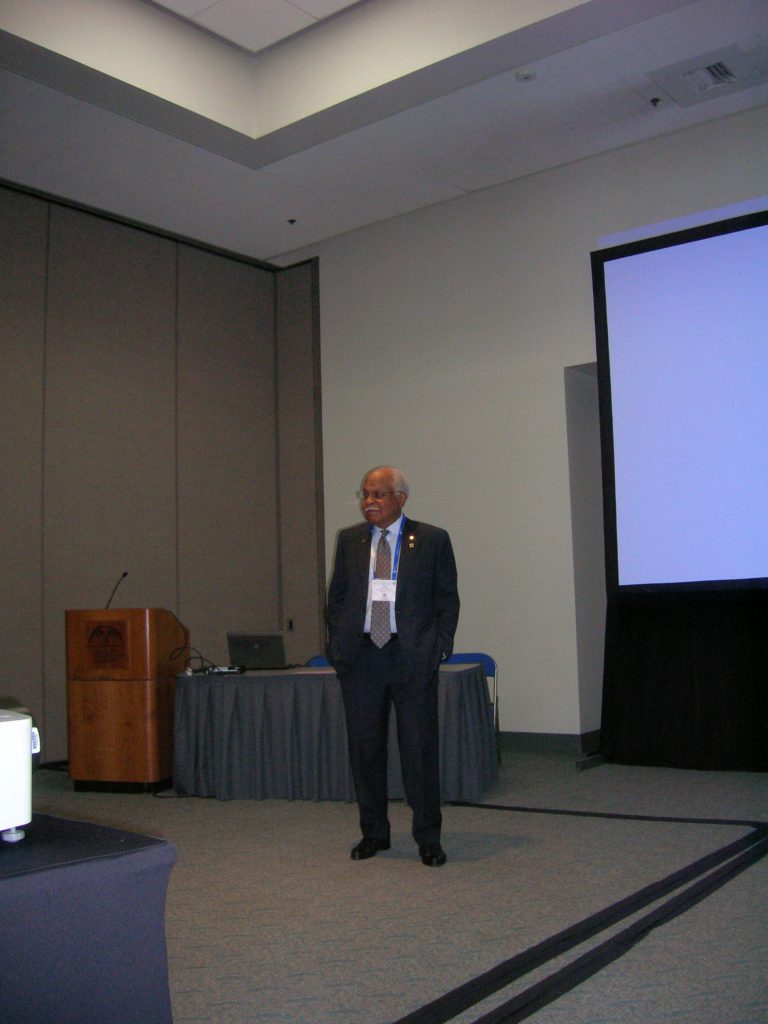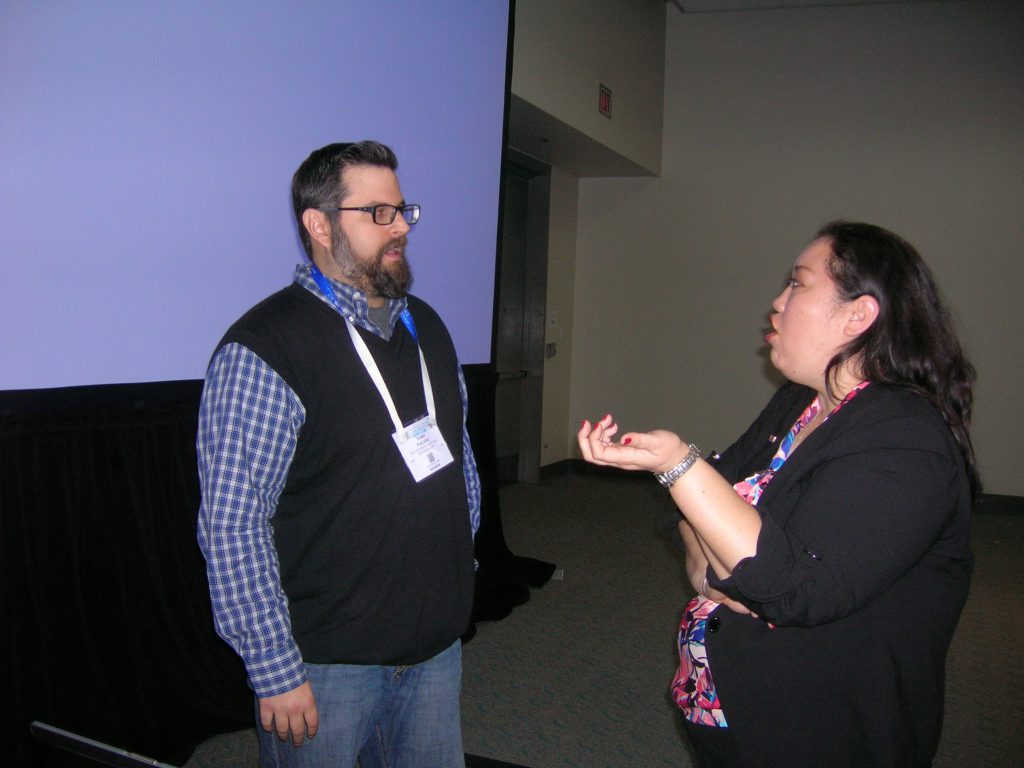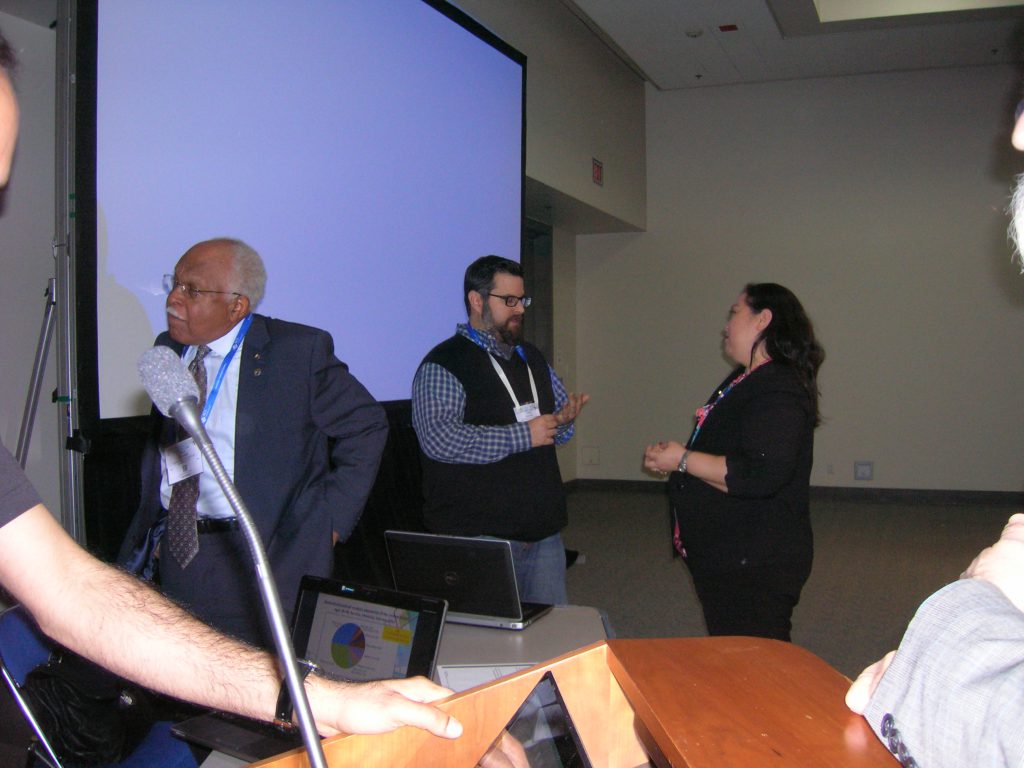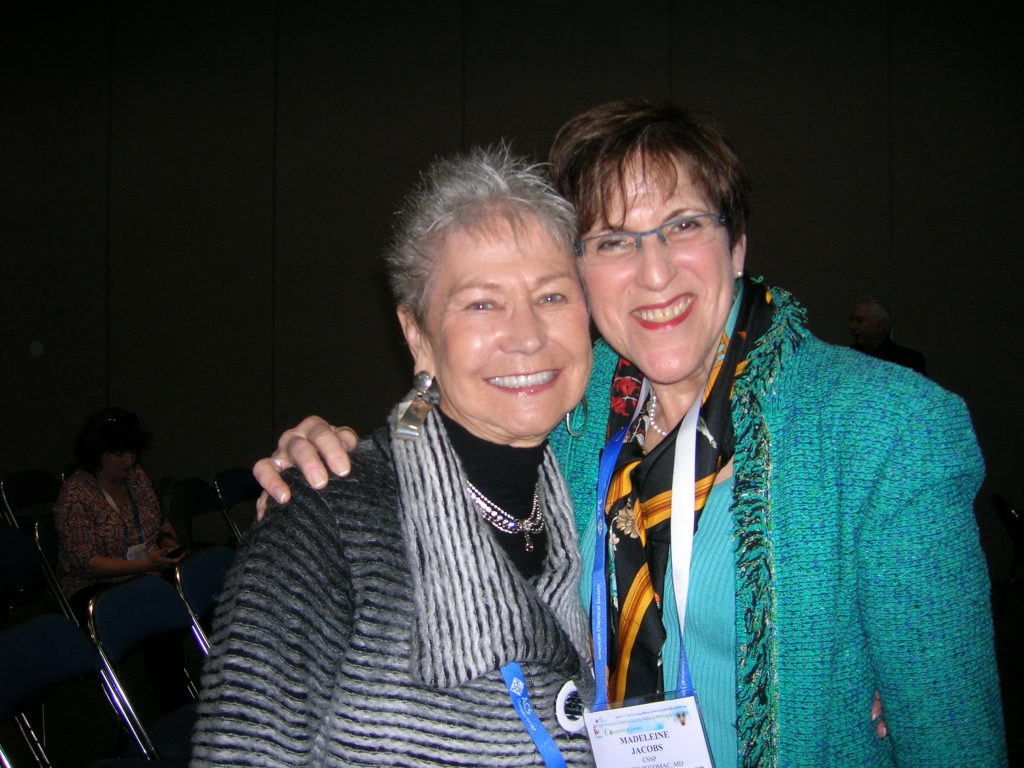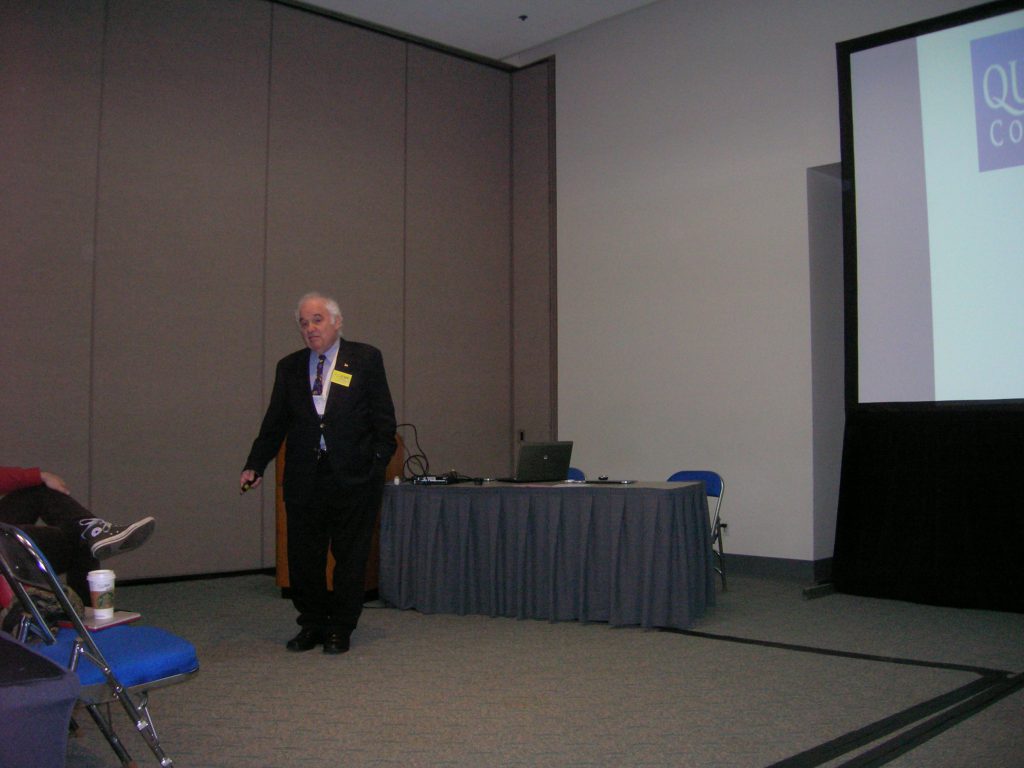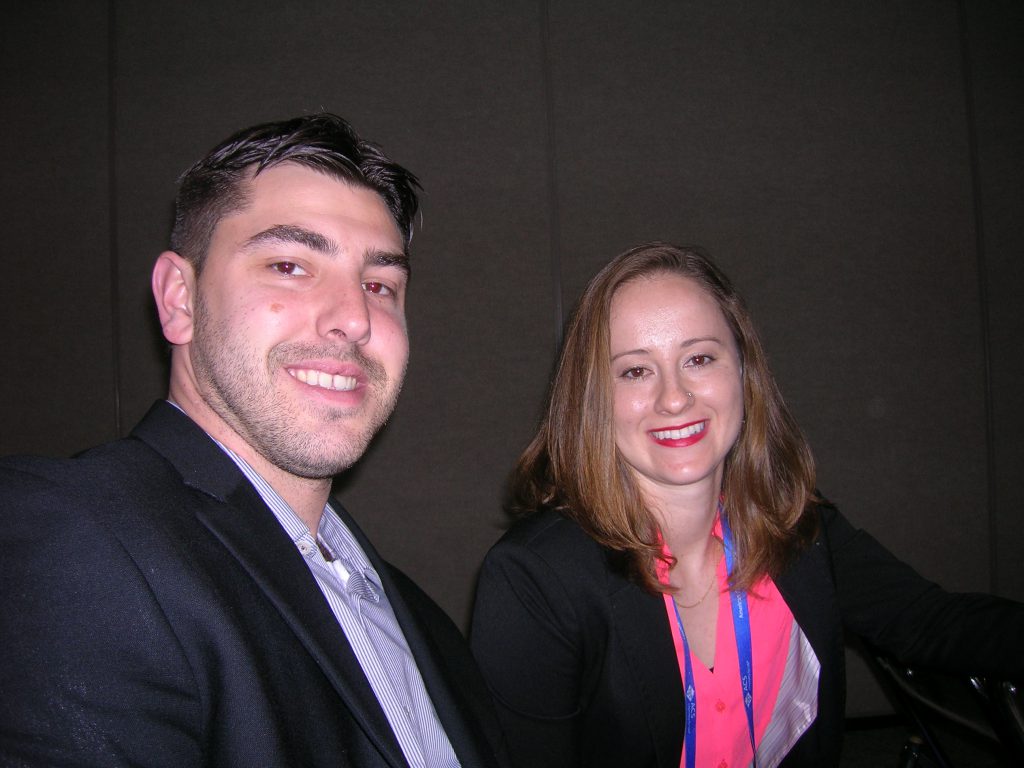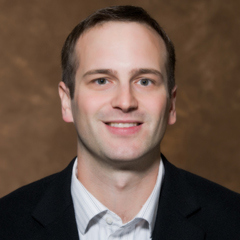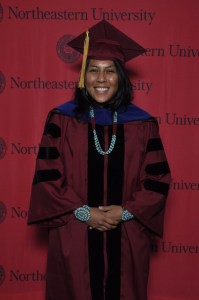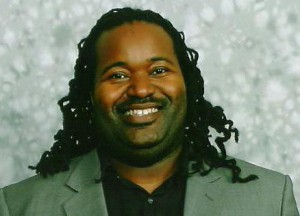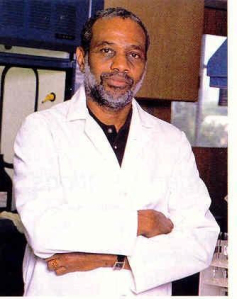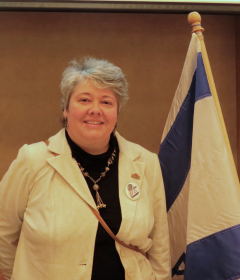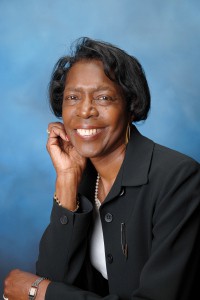The ACS Committee on Minority Affairs is honored to present a symposium dedicated to the ACS Scholars Program. The ACS Scholars Program is celebrating its 20th year anniversary impacting students from underrepresented minority groups.
Event Details:
Back Bay A Sheraton Boston Hotel
Monday, August 17
ACS National Meeting Fall 2015
Rising Stars in Academe: from 8:30am to 11:35am
1. Nicholas D. Ball: Pomona College
Dr. Nicholas Ball is an organic chemist with a B.S. from Macalaster College and a Ph.D. from the University of Michigan Ann Arbor. After completing a post-doctoral appointment at the California Institute of Technology, he joined the faculty at Amherst College in 2013. Nicholas was in the American Chemical Society Scholars Program as an undergraduate at Macalaster College from 2001 to 2005. Currently an Assistant Professor in Chemistry at Pomona College, his research with undergraduates focuses on the development of new metal-catalyzed reactions that incorporate greenhouse gases (CO, CO2, SO2, etc.) into organic molecules. The goal is to develop new methodologies to convert pollution into useful organic products.
2. Lesley-Ann Giddings: Middlebury College
Dr. Lesley-Ann Giddings is a natural products chemist with a B.A. from Smith College and a Ph.D. from the Massachusetts Institute of Technology. While completing a post-doctoral appointment in the Natural Products Branch of the Developmental Therapeutics Program at the National Cancer Institute, she was a visiting professor at Hood College (2012) and Carleton College (2013), where she taught introductory courses in Biology and Chemistry, respectively. Lesley-Ann recently joined the faculty at Middlebury College as a tenure-track assistant professor in the Department of Chemistry & Biochemistry in January 2015. Her research interests lie in elucidating the biosynthetic pathways of microbial natural products as well as using microbial cocultivation to produce unique, bioactive metabolites. She is an active member of the American Society of Pharmacognosy as well as the Society for Industrial Microbiology and Biotechnology. Lesley-Ann was in the American Chemical Society Scholars Program as an undergraduate at Smith College from 2001 to 2005.
3. Fatima Rivas: St. Jude Children’s Research Hospital
Dr. Fatima Rivas is an organic chemist with a B.S. from California State University Dominguez Hills and a Ph.D. from the University of California San Diego. After completing a post-doctoral appointment at TSRI, she joined the faculty at St. Jude Children’s Research Hospital in 2010. Fatima participated in the American Chemical Society Scholars Program as an undergraduate from 2000 to 2001.The Rivas research laboratory discovers and uses natural products as chemical probes to identify potential biological targets in drug resistant cancers, particular in glucocorticoid resistant acute lymphoblastic leukemia. We isolate, synthesize, and study naturally occurring molecules that possess unique structural and medicinal properties. Our natural product screening campaigns generate lead matter and useful information against therapeutically relevant, yet challenging, biological targets. Our fundamental goals are the following: (1) identify unique natural products (2) establish synthetic protocols for those molecules (3) evaluate their structure activity relationship, and identify their biological targets. Our natural and synthetic molecules are designed to provide basic mechanistic information regarding their mode of action and eventually progress from hit to lead.
4. Fikile Brushett: Massachusetts Institute of Technology
Dr. Fikile Brushett is an Assistant Professor of Chemical Engineering at the Massachusetts Institute of Technology (MIT), where he presently holds the Raymond A. & Helen E. St. Laurent Career Development Chair. He obtained his B.S.E. in Chemical & Biomolecular Engineering from the University of Pennsylvania in 2006 and his Ph.D. in Chemical Engineering from the University of Illinois in 2010. After completing a postdoctoral appointment at Argonne National Laboratory, he joined the faculty at MIT in 2013. His research group focuses on advancing the science and engineering of electrochemical energy systems with an overarching goal of enabling sustainable technologies. Fikile was in the American Chemical Society Scholars Program as an undergraduate from 2002 to 2006.
5. Joshua S. Figueroa: University of California San Diego
Dr. Joshua S. Figueroa is an inorganic chemist with a B.S. from the University of Delaware (2000) and a Ph.D. from the Massachusetts Institute of Technology (2005). He was a National Institutes of Health Postdoctoral Fellow at Columbia University from 2005 to 2007. Josh joined the faculty at the University of California, San Diego in 2007 and developed a research program focused on synthetic inorganic and organometallic chemistry, as well as homogeneous catalysis. He was promoted to Associate Professor, with tenure, in 2013. Josh was in the American Chemical Society Scholars Program as an undergraduate at the University of Delaware from 1998 to 2000.
Rising Stars in Industry from 1:45pm to 4:50pm
1. Jalonne L. White-Newsome: Director of Federal Policy
Dr. Jalonne L. White-Newsome is a chemical engineer with a B.S. from Northwestern University. She subsequently earned her M.S. in Environmental Engineering from Southern Methodist University, and her Ph.D. in Environmental Health Sciences from the University of Michigan School of Public Health in 2011. Jalonne is currently the Director of Federal Policy for a non-profit, community based organization, WE ACT for Environmental Justice (WE ACT), managing the DC policy office. Jalonne’s expertise is in climate change, public health, and environmental management. Jalonne was in the American Chemical Society Scholars Program as an undergraduate from 1995 to 1999.
2. Amber O. Evans: BASF Corporation
Dr. Amber Evans is a Development Scientist in the Care Chemicals business unit of BASF Corporation and is responsible for the development of new technologies for personal care products. Prior to joining BASF in late 2012, Dr. Evans earned her Ph.D. in Pharmaceutical Sciences with an emphasis on Cosmetic Science from University of Cincinnati. Her dissertation work focused on investigating the interaction between water hardness metals and human hair. Dr. Evans has also worked on multiple projects ranging from upstream research for hair colorants to bioengineering and clinical testing for shave care applications through The Procter & Gamble Company’s internship program. She earned her B.S. in Chemistry from North Carolina Agricultural & Technical State University, where she was an American Chemical Society Scholar from 2004 to 2005. Dr. Evans is an active member of the Society of Cosmetic Chemists (SCC) and the Association for Women in Science (AWIS).
3. Tashica Williams Amirgholizadeh: Gilead Sciences, Inc.
Dr. Amirgholizadeh was an American Chemical Society Scholar from 1996-1998. Dr. Amirgholizadeh received her undergraduate degree in chemistry (A.C.S. certified), with a minor in mathematics, from Baylor University in May 1998. Dr. Amirgholizadeh received her Ph.D. in chemistry from the California Institute of Technology (Caltech) in June 2004 in the laboratory of Dr. Jacqueline K. Barton. She received her J.D. from the University of California, Berkeley (Boalt Hall) School of Law in May 2007. From 2007-2013, Dr. Amirgholizadeh was an Associate in the Intellectual Property Law and Patent Litigation group in the Los Angeles office of Sidley Austin LLP. Her practice at the firm primarily focused on patent infringement litigation involving a wide variety of technologies, including biotechnology, medical devices, computer processor architecture, and plasma display panels. Dr. Amirgholizadeh is currently Patent Litigation Counsel for Gilead Sciences, Inc., a biopharmaceutical company located in Foster City, California.
4. Antonio Ubiera: GlaxoSmithKline
Antonio R. Ubiera earned a B.S. degree in Chemical Engineering from North Carolina State University (1999), and M.S. and Ph.D. degrees in Chemical Engineering from the University of Virginia (2001, 2004). As an undergraduate at NCSU, Antonio was a member of the American Chemical Society Scholars Program from 1995 to 1999. For his doctoral work, advised by Professor Giorgio Carta, Antonio focused on the experimental characterization of industrial ion-exchange chromatography media and on the development of physical and mathematical models to describe diffusion and transport in these types of adsorbents. Antonio is currently Director of Process Technology for BioPharmaceutical Manufacturing Operations at GSK (King of Prussia, Pennsylvania). In this role, he leads a group of scientist and engineers in process transfer, scale-up, manufacturing support, and novel technology introduction for the production of monoclonal antibodies and other therapeutic proteins in clinical development. Prior to joining Manufacturing Operations, Antonio managed a team within the Downstream Process Development group at GSK, where he was responsible for design, optimization, scale-up, and technology transfer of various early and late-stage biopharmaceutical purification processes. Lastly, prior to joining GSK in 2008, Antonio worked in the Process Biochemistry group at MedImmune (Gaithersburg, MD), where he focused on purification process characterization and transfer for monoclonal antibody production.
5. Kimberly Ortiz: Dow Chemical
Kimberly Ortiz is a chemical engineer with a B.S. from Louisiana Tech University. She joined Dow Chemical as a Process Automation Engineer in June 2007. Kimberly was in the American Chemical Society Scholars Program as an undergraduate from 2001 to 2005. She currently serves on the Louisiana Tech University Industrial Advisory Board for Chemical Engineering. As a chemical engineer, Kimberly uses process dynamic knowledge to aid in the design of control system solutions for her clients and is passionate about delivering safety instrumented functions for those systems.
This is a Presidential Event! And you don’t want to miss it!!!

